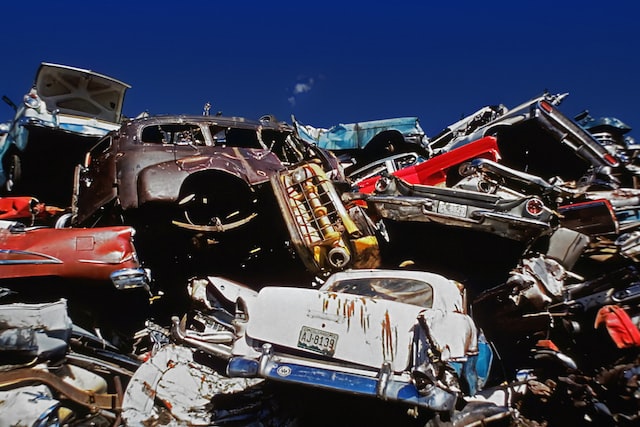Liability insurance protects against the cost of settling or paying for third-party claims related to injuries and property damage. It excludes intentional damage and contractual liability. Liability policies typically cover all claims from one occurrence, including bodily injury, property damage, personal and advertising injury, medical payments, and more.
What is Liability Insurance?
Commercial general liability (CGL) insurance, also known as public liability insurance, provides coverage to businesses for legal defense and compensation for damages resulting from incidents that could be considered the business’s fault. Specifically, CGL policies typically cover four categories of injury or damage: third-party bodily harm, property damage, personal injury (including slander and libel), and advertising injury.
This coverage type can be vital to a business’s overall risk management strategy. It helps protect against costly lawsuits that can quickly devastate a small or medium-sized business.
It is often included in umbrella insurance policies for additional protection or, in specific instances, can be purchased as a standalone policy. Errors and omissions (E&O) insurance, which covers professional services like those provided by lawyers or accountants, is another standard liability insurance that can be purchased separately. These policies typically cover claims resulting from negligent performance or failure to perform and do not include intentional damage or contractual liabilities.
What is General Liability Insurance?
If your business’s activities, products, or services cause property damage or bodily injury, liability insurance Newark,DE, protects you from third-party lawsuits. It covers your policy limits in legal fees, settlements, and judgments. It pays for legal costs, settlements, or judgments up to your policy limits. Typically included in comprehensive general liability policies (GL), it also may be purchased as part of a business owner’s policy (BOP) or as a standalone policy.
In most cases, a single general liability claim can be costly enough to bankrupt a small business, so you need coverage. A typical GL policy has a $1 million per occurrence limit and a $2 million aggregate limit over a year. It can be combined with other types of business insurance, such as workers’ compensation, commercial auto, and a hired and non-owned auto policy to create a business owner’s package. Some customers and vendors may require you to show proof of GL before they’ll work with you. And specific construction projects require you to have GL before they’ll award you a contract.
Professional liability insurance: what is it?
Professional liability insurance, often known as errors and omissions coverage (E&O) insurance or professional indemnity insurance, shields small businesses from lawsuits alleging that their services are inadequate in some way. Small business insurance typically covers legal fees, damages, and judgments up to the policy limits. Professional liability insurance excludes bodily injury and property damage claims, unlike commercial general liability policies.
Professionals like hair salon owners, accountants, and veterinarians may need professional liability insurance. So do small businesses that offer a service or advice, such as interior designers and architects.
Despite your best efforts, mistakes can happen. And when those mistakes cause a financial loss for your client, you could be sued. This type of small business insurance is crucial for professionals like hair stylists, veterinarians, accountants, and architects. Unlike CGL, professional liability policies often contain shrinking limit clauses, which means that any insurance company payments for defense costs will reduce your available policy limits.
What Is Auto Insurance for Commercial Use?
Commercial auto insurance is comparable to personal auto insurance, except it offers more significant limits and coverage options. It covers vehicles like vans, trucks, and company cars. It usually includes a bodily injury and property damage liability policy and optional comprehensive and collision insurance.
Depending on your business, you may need to add contractual liability coverage as an endorsement to your commercial auto policy. This type of insurance helps protect you if a supplier files a claim against your business because you failed to meet the terms of an agreement, such as providing raw materials on time.
You’ll also need to discuss passenger transportation with your agent if you transport clients in any way, whether through Uber or Lyft or own a taxi or limousine service. Adding it to your policy is essential because it typically has higher limits than your general or professional liability policies. It will also increase your premium.




